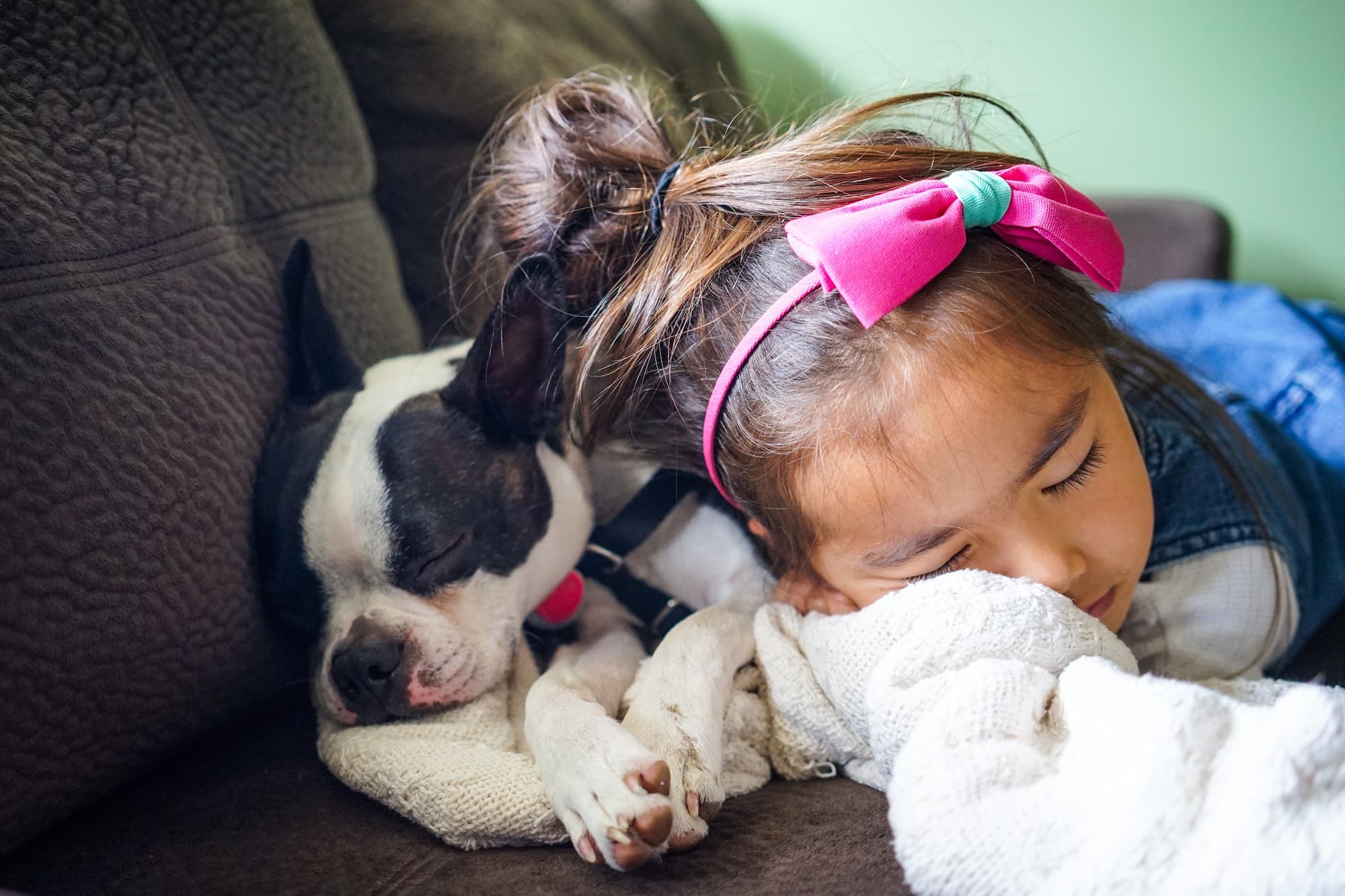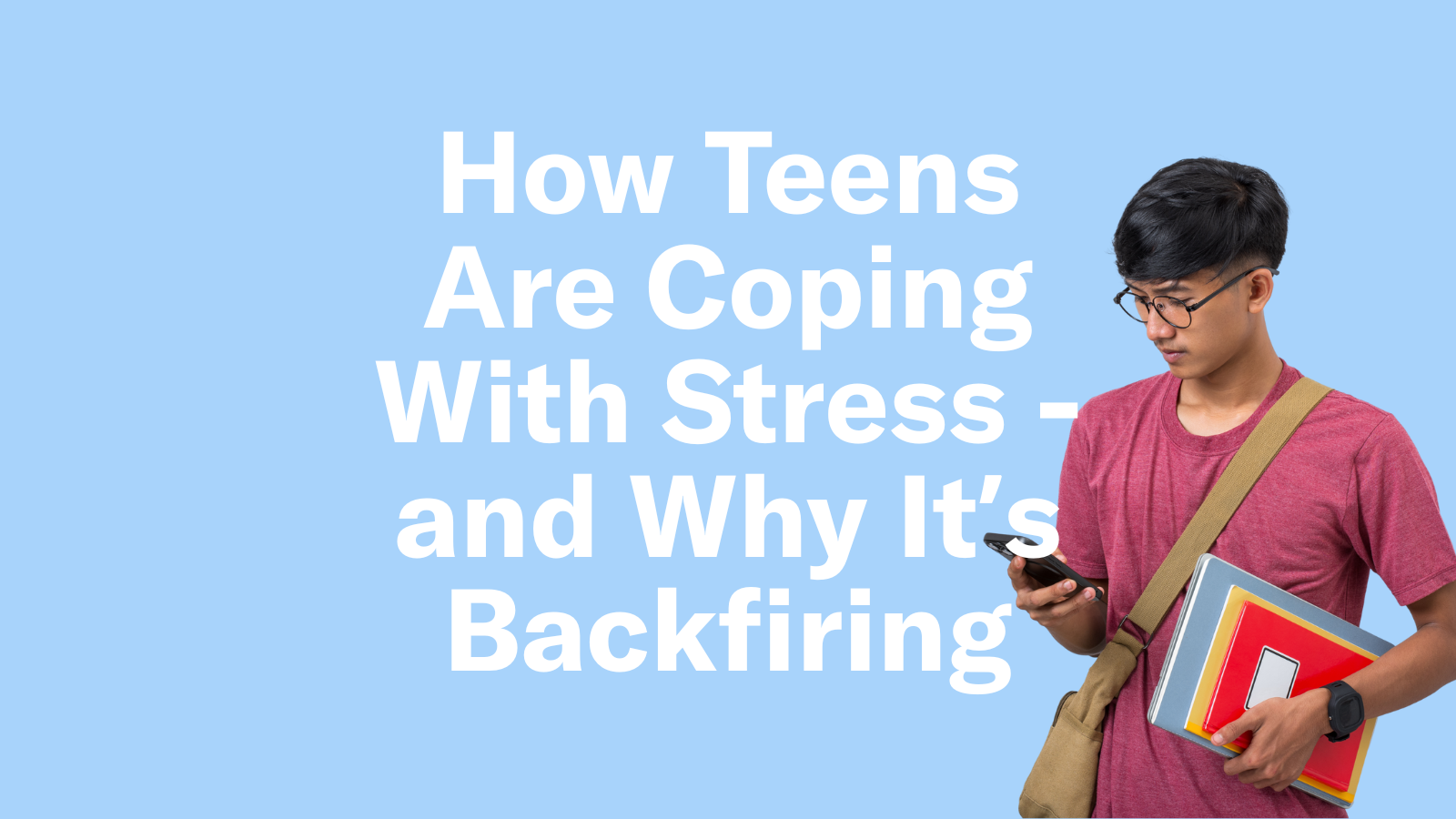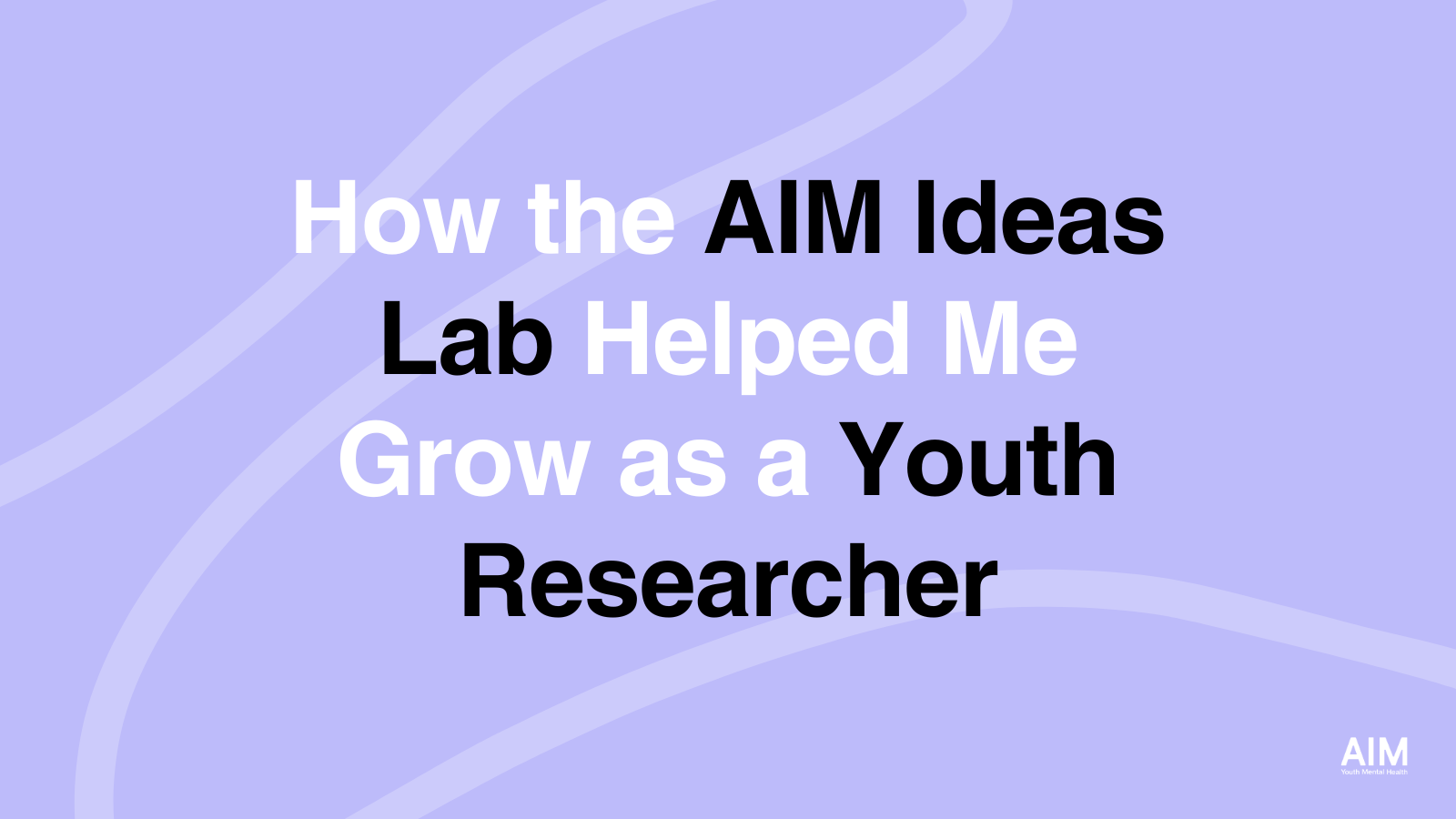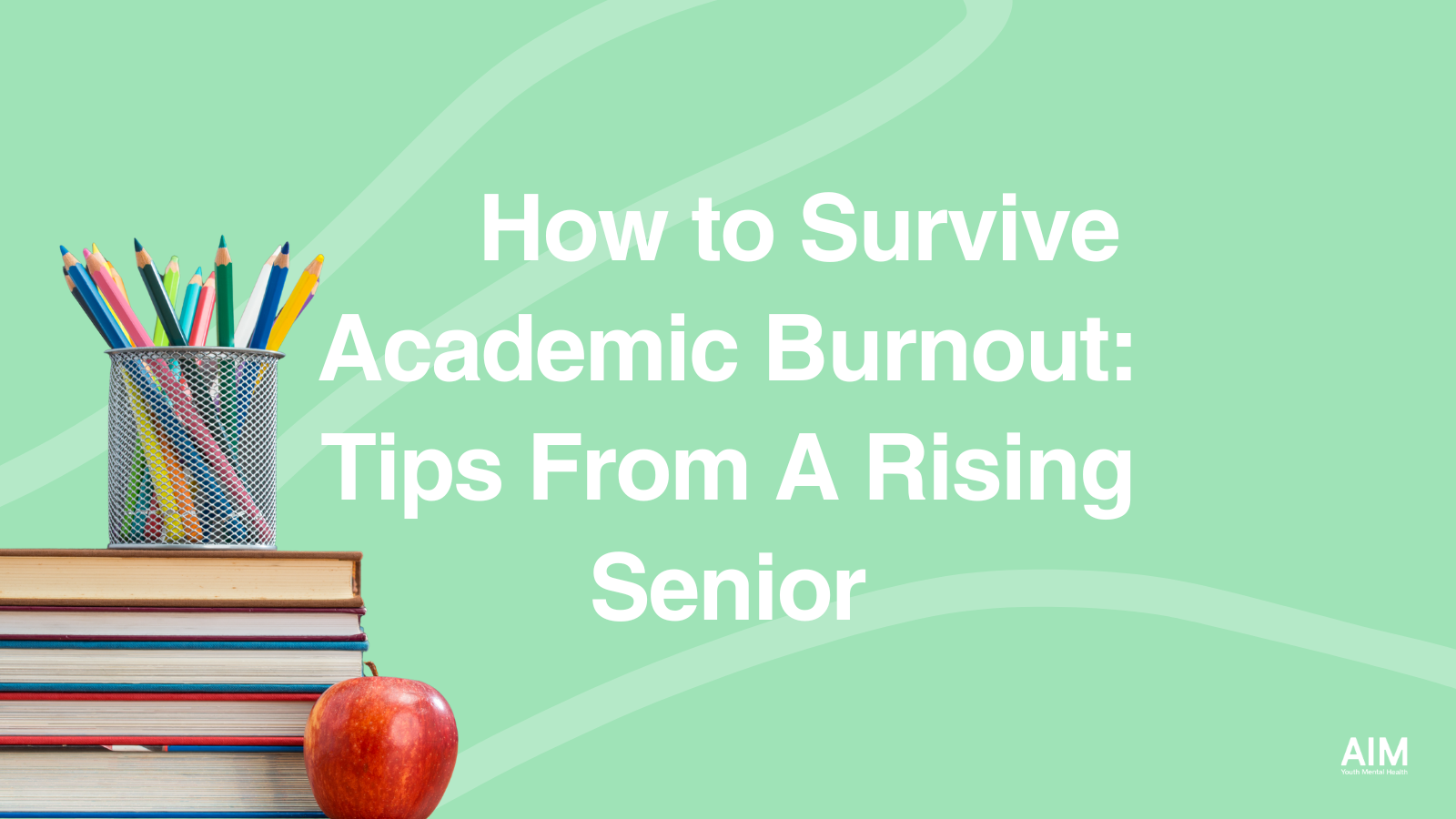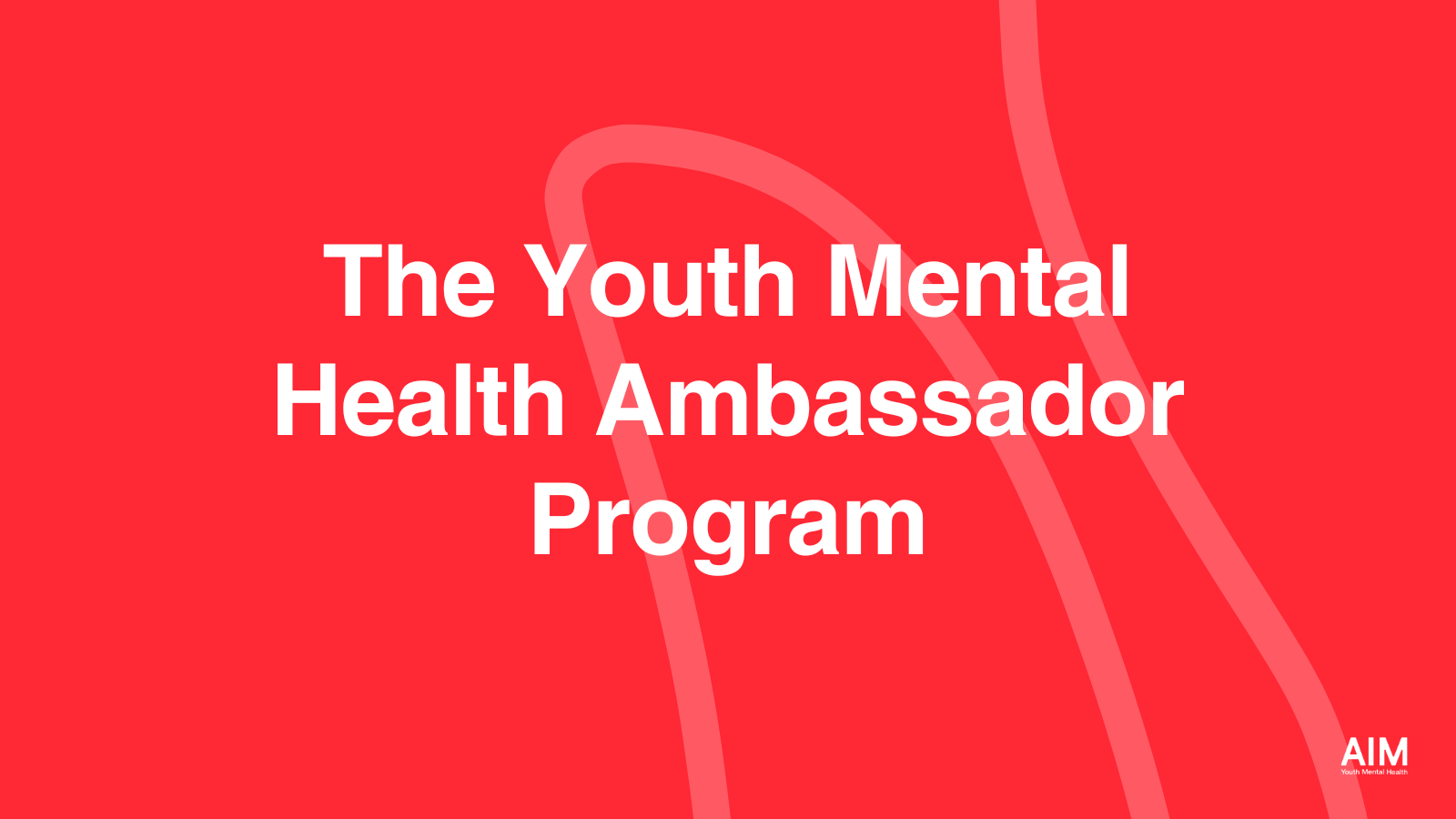Sleep expert, Dr. Rafael Pelayo, explains the importance of sleep for mental health and how we can better support sleep in our children.
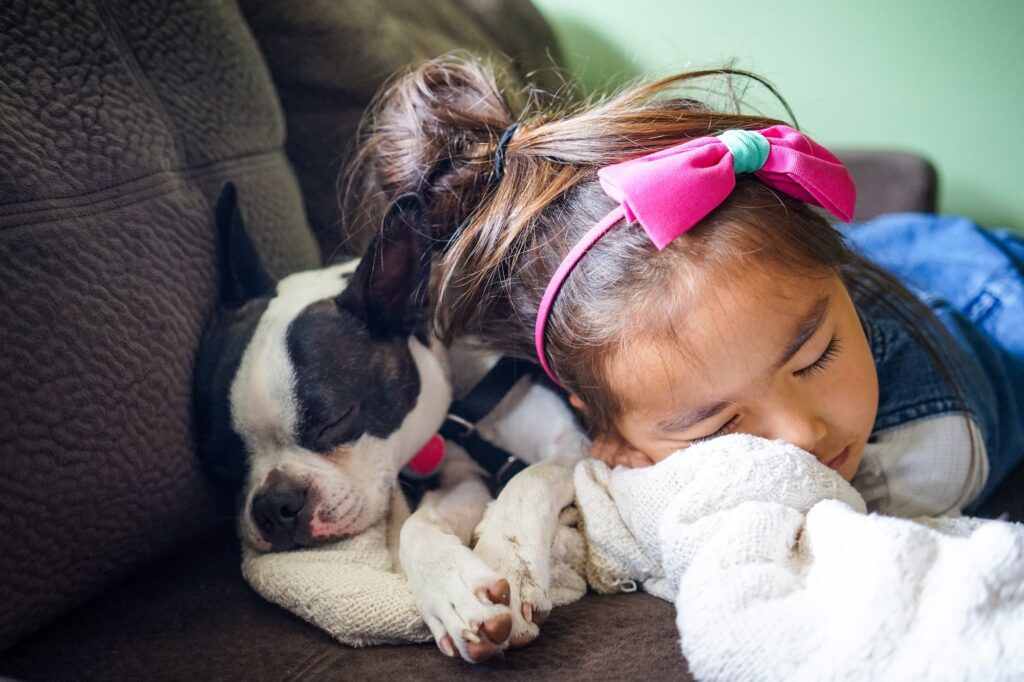
By Jill Suttie
It’s hard to overstate the importance of sleep for our wellbeing. When our sleep is disrupted, we become more susceptible to illness and are more likely to suffer cognitive impairment, poor work performance, and withdrawal and loneliness.
This is especially true for our children, says Rafael Pelayo, a sleep expert at the Sanford Sleep Clinic and will be speaking at the annual AIM Youth Mental Health Symposium on Friday, April 21 at the Monterey Conference Center. Children who get insufficient sleep can become irritable and grumpy, have problems concentrating in school and studying, and have poorer immune function. They may even experience delayed growth.
“You’re not gradually making your femur longer all of the time; bone growth occurs when you’re sleeping,” says Pelayo.
From birth, sleep affects children’s bodies and brains, he adds. Babies, who sleep a lot, use that time to lay down new synapses, creating the right supports for them to learn quickly. In teens, sleep is a time when certain neural connections are pruned back in favor of others so that energy is preserved for what matters most at adolescence.
It’s probably not surprising, then, that sleep also affects mental health.
“There is pretty much no mental health disorder that doesn’t have a sleep component to it,” says Pelayo. “They all have it.”
For example, it’s well known that one of the signs of depression involves changes in sleep. One pattern called “Delayed Sleep Phase Syndrome” (where someone is off a typical sleep schedule by 2 hours or more) has been tied to atypical depression, which doesn’t respond well to anti-depressants, says Pelayo. Luckily, reverting to a normal sleep pattern can help alleviate depressive symptoms, he says, underscoring why treating sleep seriously could improve mental health.
Sleep problems can also make children less attentive, which hurts their ability to learn and may result in a diagnosis of Attention Deficit Disorder (ADD). However, if a child has obstructive sleep apnea syndrome (a pattern where one stops and starts breathing throughout the night), treating that directly can help make a child more attentive without needing to prescribe drugs, says Pelayo.
Poor sleep affects a child’s executive functioning, too, so that teens who get less sleep become more impulsive, he says. That means they might be more apt to take drugs, do crimes, or take risks sexually. It can also mean they are at higher risk of suicide.
“It’s complicated and horrific; but the more sleep-deprived a teenager is, the greater suicidal thinking they’ll have,” says Pelayo.
Unfortunately, sleep problems can be bidirectional, too—meaning, sleeping poorly can increase symptoms of a mental disorder—for example, depressive feelings or thoughts—and having depressed feelings or thoughts can result in poorer sleep.
“Mental health and sleep impact each other, and you can get these vicious cycles,” says Pelayo.
Kids don’t sleep enough
While there are many benefits to having healthy sleep patterns, most kids don’t get enough sleep and are sleep-deprived. It doesn’t help that many of us don’t prioritize sleep enough—either for ourselves or our children. Our casual disregard for its importance frustrates Pelayo.
“Whenever I tell people that my work is on sleep, people say things, like, “I love to sleep,’” he says. “That’s an odd thing to say, because it’s like saying you’re fond of oxygen.”
Nearly a third of our life is spent sleeping, and there’s a reason for that: We need it to survive. Yet, our society is not well set up for us or our children to get the sleep they need. As an example, Pelayo points to a time when his own child was in Kindergarten, and the teacher assigned regular homework for her, which his conscientious daughter felt she needed to stay up late to finish.
“I was so annoyed,” he says. “Homework is optional, sleeping is not.”
The same is true for older children—like teenagers—who are often assigned several hours of homework that keeps them up late studying. They may be unaware of how much sleep loss they are experiencing or how negatively it’s affecting them. Pelayo suggests this is due to the way sleep loss triggers the release of cortisol (the stress hormone), making people feel giddy or excited—a kind of high that might give them a boost of energy and hide their exhaustion.
But, no one can sustain a loss of sleep over time, he adds. While teens may think that they can just make up for lost sleep on the weekends when they have more free time, this doesn’t work for their body’s needs.
“You don’t say to your kids, ‘Eat whatever you on Saturday or Sunday, because I’m going to starve you Monday to Friday,’” he says. “Yet, that’s the way we treat sleep.”
Many of us don’t understand how we sleep—or what’s happening in our sleep. For example, we may think we are sleeping through the night, but Pelayo says that we actually wake up several times during the night, fall asleep again, and don’t remember in the morning—all of which is normal. We also have different phases of sleep during the night, which have different purposes. The last quarter of the night or so involves dreaming, says Pelayo, which is important for learning and memory. So, shortening a kids’ sleep cycle could have consequences beyond fatigue.
“When you are waking someone up early, you’re not just sleep-depriving them, . . .you’re specifically dream-depriving them,” he says. “And, it’s a platitude we say to teenagers all of the time: We want you to follow your dreams. But we cut off the ability to dream with the schedules we impose on them.”
What parents can do
What can we do to protect children’s sleep? Pelayo says that while sleep is a biological necessity, sleep habits are learned. That’s where parents can play an important role. First, they need to understand the necessity of sleep and pay attention when their kids seem sleepy at odd times or have trouble getting up in the morning.
“It’s not normal for your kids to sleep in for hours on a weekend,” says Pelayo. “There’s no need for them to do that if they get all the sleep they need during the week.”
Also, parents should try to role model good sleep habits themselves, he says. That means prioritizing sleep in your own life, not staying up late to watch Netflix or postponing work into the wee hours. Role modeling is much more effective than nagging or punishment, he suggests.
“You can’t be smoking a cigarette and telling your kids not to smoke, right? Parents have to model healthy behavior themselves,” he says. “If they’re sleep deprived, their kids will likely be, too.”
It’s a bad idea to make staying up late a reward for good behavior for your kids, he says, which many parents do. For example, you don’t want to let your kids go to bed an hour later just because they’ve finished their homework.
“The first thing you want to do is to make sleep a priority in the family, so that sleep is not negotiable,” he says.
Instead, it’s best to teach your kids from a young age to go to sleep and wake up around the same time every day—and to pass along other good sleep habits. Things like having a winding down period an hour before bed, turning the lights on low, keeping the room cool, and not drinking or eating anything too late in the evening can all help kids sleep better.
Pelayo says that four variables predict our sleep schedule: Social interactions, Exercise, Light, and Food, which spell the acronym SELF. For example, he says, if our kids stay up late to study or socialize, chances are they’re also snacking on food, which messes with their body’s energy needs and sleep cycle. By helping youth experience these variables in a more regular pattern, Pelayo can often solve children’s sleep problems.
“If you get these at the same time every day, your sleep/awake schedule will self-regulate,” he says.
And what about cell phones and computers? Many kids use these for homework and for socializing at night, which some research connects to poorer sleep. Even so, Pelayo doesn’t believe they are the key problem. When a child hits puberty, their biological rhythm changes, he says, and they simply want to go to sleep later. So, trying to induce sleep earlier by taking away a cell phone or computer will not likely help and may backfire.
“I don’t think taking a cell phone away has ever been shown to make much difference in how kids behave,” he says. “Don’t use that to control them. It’s just going to make them angry. And, if you make somebody upset, they can’t fall asleep anyway.”
What we can do as a society
Of course, much of the reason kids are using these tools late at night is because of heavy homework loads. Schools can play a role in supporting better sleep for kids by not requiring so much homework and having later start times.
“We need to think about how to do education differently in this country,” he says. “If you came home from work after a long day and had four more hours of work to do, you’d hate that job. Kids get resentful of the homework culture.”
In California, Pelayo has been one of many sleep experts leading the charge to move school starting times later in the morning, and there has been some progress along those lines. In 2019, Governor Gavin Newsom signed into law a requirement that high schools start no earlier than 8:30 AM, and middle schools start no later than 8 AM.
Still, there’s more work to do to get schools on board. Parents can advocate for their children and pressure schools to establish more reasonable homework policies. They can also make sure that schools are safe, bully-free places to learn, and not blame kids for sleep problems. It’s important to understand what gets in the way and show love and encouragement, rather than criticism.
“Kids need to feel safe, comfortable, unstressed, and loved,” says Pelayo. “I often say, ‘Your life is a reflection of how you sleep, and how you sleep is a reflection of your life.’ So, think about how to create more idyllic sleep in your kids.”
To hear Dr. Pelayo speak about “Why Better Sleep Protects Children’s Mental Health” at the 3rd Annual AIM Youth Mental Health Symposium, please register here.
______________________
About the Author
Jill Suttie, Psy.D., is a free-lance journalist and a staff writer and contributing editor for Greater Good, an award-winning online magazine published by the University of California’s Greater Good Science Center. A psychologist by training, her articles cover scientific research aimed at uncovering the keys to individual wellbeing and a more compassionate society. She also records music and has two CD’s of original songs that can be heard and purchased on her personal website: jillsuttie.com.
